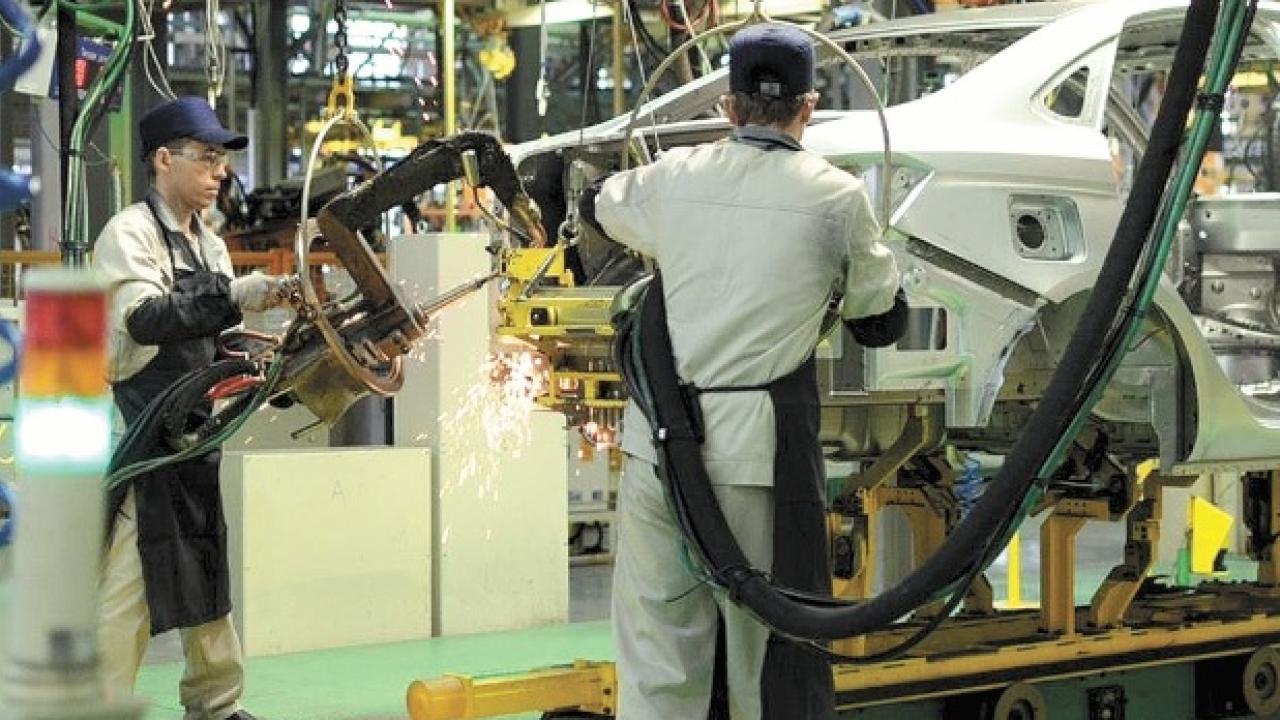
The United States-Mexico-Canada Agreement (USMCA) sets regional content rules at 75%, one of the highest origin requirements for trade agreements in the world. It also establishes labor rules and higher steel and aluminum content, reminded the Mexican Association of the Automotive Industry.
Given the intention of some Chinese automakers to install production plants in Mexico, the local industry explained that they would have to comply with the rules of origin.
If Chinese companies fulfill their promise to produce vehicles in Mexico in the medium term and comply with the “strict” rules of origin of the T-MEC (the Mexican term for USMCA), “there would be no risk of rejection” by the three partners (the US, Mexico, and Canada) to export to North America, said the director of the Mexican Association of the Automotive Industry (AMIA, in Spanish), Odracir Barquera.
Owing to persistent concerns amongst some US political sectors on the possible "flooding" of Chinese cars in the US market, the Mexican industry executive responded that “that is a more an electoral speech that is being delivered without data and information, and it also is part of what must be put on the table: what are the real figures and what is the real situation to determine if there is any risk or not.”
Republican Senator Josh Hawley recently proposed to impose 125% tariffs on Chinese-made vehicles trying to enter the US through Mexico, in an attempt to protect American auto workers.
According to Reuters, the United States Department of Commerce has opened an investigation to determine whether imports of Chinese vehicles poses risks to national security, so it could impose restrictions due to concerns about 'connected' car technology.
Thus far, Mexico is not exporting any Chinese vehicles to the US, but as automakers intend to settle in our country to take advantage of the open markets since the signing of the Free Trade Agreement in 1994 (NAFTA), we have received investments from all countries, said Armando Cortés, director of the National Auto Parts Industry (INA).
In the case of auto parts, Cortés explained that the 33 companies of Chinese origin operating in the industry only accounted for 4% of total foreign direct investment in the sector between 2006 and November 2023. “The data do not support this growing concern in the United States,” the business leader said.
Most of the investments in the auto parts industry come mainly from the US, “which makes Mexico a fundamental part of the competitiveness of the United States,” he added.
Mexico, the US, and Canada have a trade agreement that establishes some of the highest rules of origin in the world, including a clause for 75% regional content, in addition to labor requirements and higher steel and aluminum content, explained the director of AMIA.
"There has not been a formal announcement of investment by any Chinese company in Mexico to establish a (manufacturing) plant. As I said, there have only been some media reports, but there is no formal announcement, so we do not know when it will happen and under what conditions they will arrive for production. Everything produced today by companies already established (in Mexico) does comply and in that sense, there would be no risk of rejection,” the business leader added.
Barquera also reported that work is already underway to produce batteries for electric cars and the supply base continues to grow to increase regional content.










